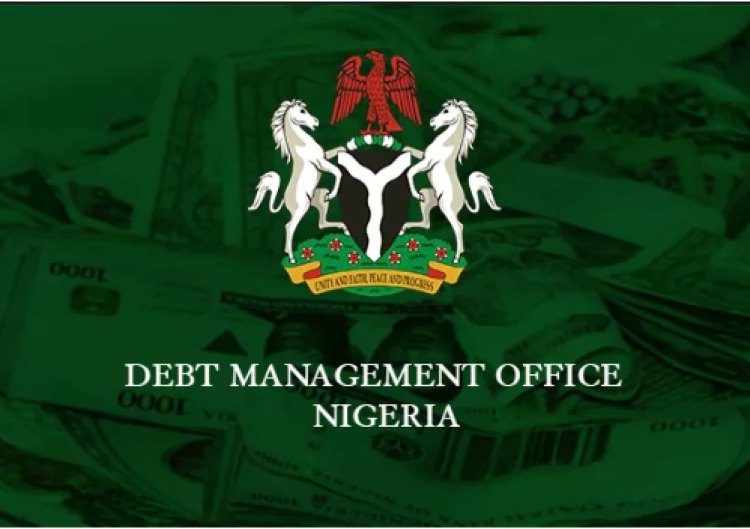ECONOMY

DESPITE BIGGER FAAC PAYOUTS, 10 NIGERIAN STATES PILE UP N418BN MORE DEBT
At least 10 Nigerian states have added a hefty N418 billion to their domestic debts in just one year—despite receiving fatter allocations from the Federation Account. This raises fresh concerns about how wisely states are managing their finances.
A review of Debt Management Office (DMO) reports shows that Rivers, Enugu, Niger, Taraba, Bauchi, Benue, Gombe, Edo, Kwara, and Nasarawa states collectively increased their debt stock from N885 billion in Q1 2024 to over N1.3 trillion by Q1 2025. That’s a whopping 47% jump.
Even on a quarterly basis, the debt for these 10 states edged up by N42 billion, growing from N1.26 trillion in Q4 2024 to N1.30 trillion in Q1 2025.
Where is all this debt coming from?
This surge is happening at a time when states are enjoying bigger slices from the Federation Account, thanks to high oil prices, naira devaluation, and savings from fuel subsidy removal. Yet instead of using these extra funds to reduce debt, many states are digging deeper holes.
Rivers and Enugu lead the pack
Rivers tops the list with the highest domestic debt at N364 billion. Although its debt didn’t change much from the previous quarter, it still marked a staggering 57% rise from a year earlier.
Enugu State stood out for the fastest debt growth, more than doubling its obligations from N82 billion to N188 billion in a year—a massive 128% spike. Between December 2024 and March 2025 alone, Enugu added N69 billion to its debt.
Niger, Taraba, and Bauchi also saw sharp increases. Taraba’s debt shot up by 154% in one year, the biggest percentage jump among the 10 states.
Not all states are on a borrowing spree
Interestingly, states like Edo and Gombe showed some restraint. Edo cut down its debt by over N30 billion in just three months, likely reflecting repayments or tighter fiscal discipline. Gombe also reduced its debt from N89 billion in Q4 2024 to N84 billion in Q1 2025.
Why the worry?
Experts warn that these rising debts could spell trouble down the line. With more money tied up in repaying loans, less is left for critical infrastructure and social services.
In fact, seven states—Bayelsa, Adamawa, Benue, Niger, Kogi, Taraba, and Bauchi—spent an average of 190% of their internally generated revenue (IGR) on debt servicing in early 2025. That means they’re borrowing just to pay off old debts.
The debt servicing bill for these states surged by 51% quarter-on-quarter, reaching nearly N99 billion in Q1 2025.
What do the experts say?
Financial analysts like Teslim Shitta-Bey and Adewale Abimbola have pointed to the poor balance sheet management by many states. They argue that states should explore smarter funding options, like long-term revenue bonds, and also tap into dormant assets.
Abimbola bluntly said most Nigerian states aren't economically viable and survive solely on Abuja’s monthly lifeline. He urged governors to identify their unique strengths, attract private investment, and cut red tape that scares investors away.
“The governors know what to do,” Abimbola said. “But the political will is lacking—especially now, as many are already focused on the 2027 elections.”
Meanwhile, macroeconomic analyst Dayo Adenubi highlighted the need for states to ramp up internally generated revenue through better tax systems, especially property and consumption taxes, while delivering services that keep citizens willing to pay.
Bottom line
As oil windfalls and federal allocations swell, the expectation was that states would slash their debts. Instead, many are borrowing more—potentially mortgaging their future revenues. Without serious reforms, the burden of debt could choke development and leave states even more dependent on Abuja.
"This represents a significant development in our ongoing coverage of current events."— Editorial Board









